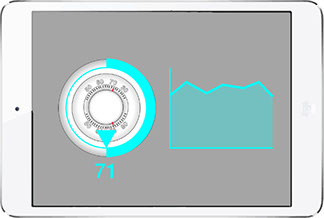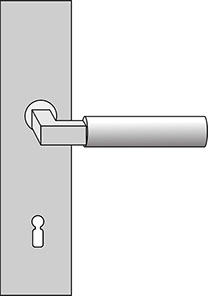Learn, Setup, Operate
Think about the Editor as a digital multi-tool for physical space.
You don’t need it to operate what is around you. But when you want to make changes or learn about what is happening, you want to use your multi-tool for that. By doing so, the physical world around you becomes the Interface for your digital life.
How does that work?
Lets look at how we use an object.
1. Learn

First, we want to learn everything about the object. How does it work? What settings can we change? What can I do with this object?
2. Setup

Second, we want to change the functionality of the object so that it does what we want. For example, setting how long a toaster heats a slice of bread.
3. Operate

Finally we want to operate the object every day. For example, every morning we want to push one button to get perfectly toasted bread.
Digital Interface

Learning and Setup are best performed with a digital user interface.
With a digital interface, you can show rich information, such as videos, pictures and text, that explain how something works. You can also create complex menus that allow any kind of modification a user can dream of. Eventually you can connect objects using a digital interface.
Physical Interface

The day by day operation is best performed with a physical interface.
With physical interfaces, you can instantly perform an action without searching through apps, menus and icons.
Day by Day

Learning and Setup are only infrequently performed interactions. Day by day operations constitute the majority of your interactions with physical objects.
With the Open Hybrid platform, your phone becomes a multi-tool, and the physical world becomes the interface.